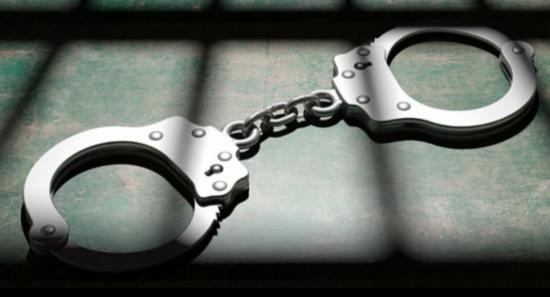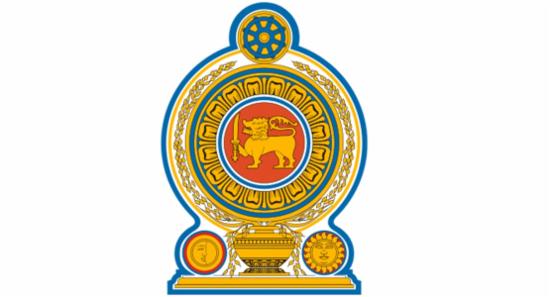.webp)
What is happening to the bond scam inquiry?
COLOMBO (News 1st) - Three years ago the Central Bank of Sri Lanka, under Governor Arjuna Mahendran, advertised a bond of Rs. 1 Billion for 30 years. Despite the passage of time, there is a remarkable absence of legal action being taken.
Although the advertised amount was Rs. 1 Billion and the Public Debt Department recommended that an amount Rs. 2.06 Billion be taken up after the bids were received, then Governor Arjuna Mahendran acted in what turned out to be wrongful, improper, mala fide, fraudulent and in gross breach of his duties as Governor.
The principal beneficiary of these deviant actions by the governor was a company named Perpetual Treasuries Limited which just happened to be owned and controlled by the family of his son in law Arjun Aloysius. After News 1st highlighted growing concerns of a conflict of interest and a departure from a procedure on the 16th of March 2015, Arjuna Mahendran admitted his liability on one aspect of this scam.
In a telephone conversation with News1st, Mahendran admitted that he should have advertised for 10 billion rupees instead of one. The very next day (March 17th, 2015), Prime Minister Ranil Wickremesinghe made a statement in Parliament. He said he insisted on a public auction because private placements had led to corruption and lack of transparency. In this statement, the Prime Minister as the Minister in charge of the Central Bank told Parliament that it was he who insisted on the change in the way that bonds be awarded.
Thereafter the Prime Minister appointed a three-member Committee of UNP loyalists ( the Pitipana Committee) who had no knowledge of CBSL operations. Following the conclusion of this committee's activities, COPE investigated the matter - where Mahendran admitted that he "only did as he was instructed to by the Prime Minister". The Second COPE observed that Arjuna Mahendran was accountable for the loss.
In the face of growing public concern and civil society calls President Sirisena appointed a Presidential Commission of inquiry headed by two Supreme Court Judges. 11 Months later, the Presidential Commission of Inquiry handed in its report to the President. This was in a backdrop of claims that Bond Report had found its way to a private residence prior to reaching the Presidential Palace and serious claims that a certain number of pages of this report are hidden or are being kept hidden.
In a complete departure from process and procedure, President's Secretary Austin Fernando decided to archive the entire report, ensuring that the report is kept away from public eyes for the next 30 years. Incidentally the first bond had its maturity date in 30 years.
During the Presidential Commission's proceedings, the Prime Minister was asked to appear as a witness and instead of a personal initial appearance he was sent a questionnaire and expected to reply in the form of an affidavit. When the Prime Minister did turn up at the commission, it was the Attorney General Jayantha Jayasuriya himself who questioned him, not individuals such as Yasantha Kodagoda or Dappula De Livera who had been thorough in their examination of other witnesses. The Attorney General's questioning of the Prime Minister was met with strong criticism from the legal fraternity.
Ministers Malik Samarawickrama and Kabir Hashim were questioned only for a few minutes and their questioning too attracted criticism.
A SERIOUS ANOMALY
Prime Minister Wickremesinghe on the 17th of March 2015 admitted he insisted on the change in the way the bonds are issued. Arjuna Mahendran appearing before COPE stated he only followed the PMs instructions. Yet, the Bond Report does not address directly the PMs admission and Mahedran's concurrence on the very subject.
The Commission has recommended legal action against Arjuna Mahendran, several officials of CBSL, Arjun Aloysius and Kasun Palisena of PTL and several others.
The Director General of the Bribery Commission Sarath Jayamanne has openly stated that the existing laws do not permit the commission to use the evidence from the Bond Commission in any prosecution. The proposed amendment to the laws has to be passed by Parliament where the matter has not even been given a debate thus far.
It is remarkable that this entire exercise apart from being a conflict of interest scenario does not enjoy the serious attention of elected Parliamentarians to enable a change in the law and therefore the prosecution.
All this is in a backdrop where the second bond issuance, seven times the amount of the first, remains uninvestigated.
Other Articles
Featured News





.png )




-797147_550x300.jpg)

























.gif)